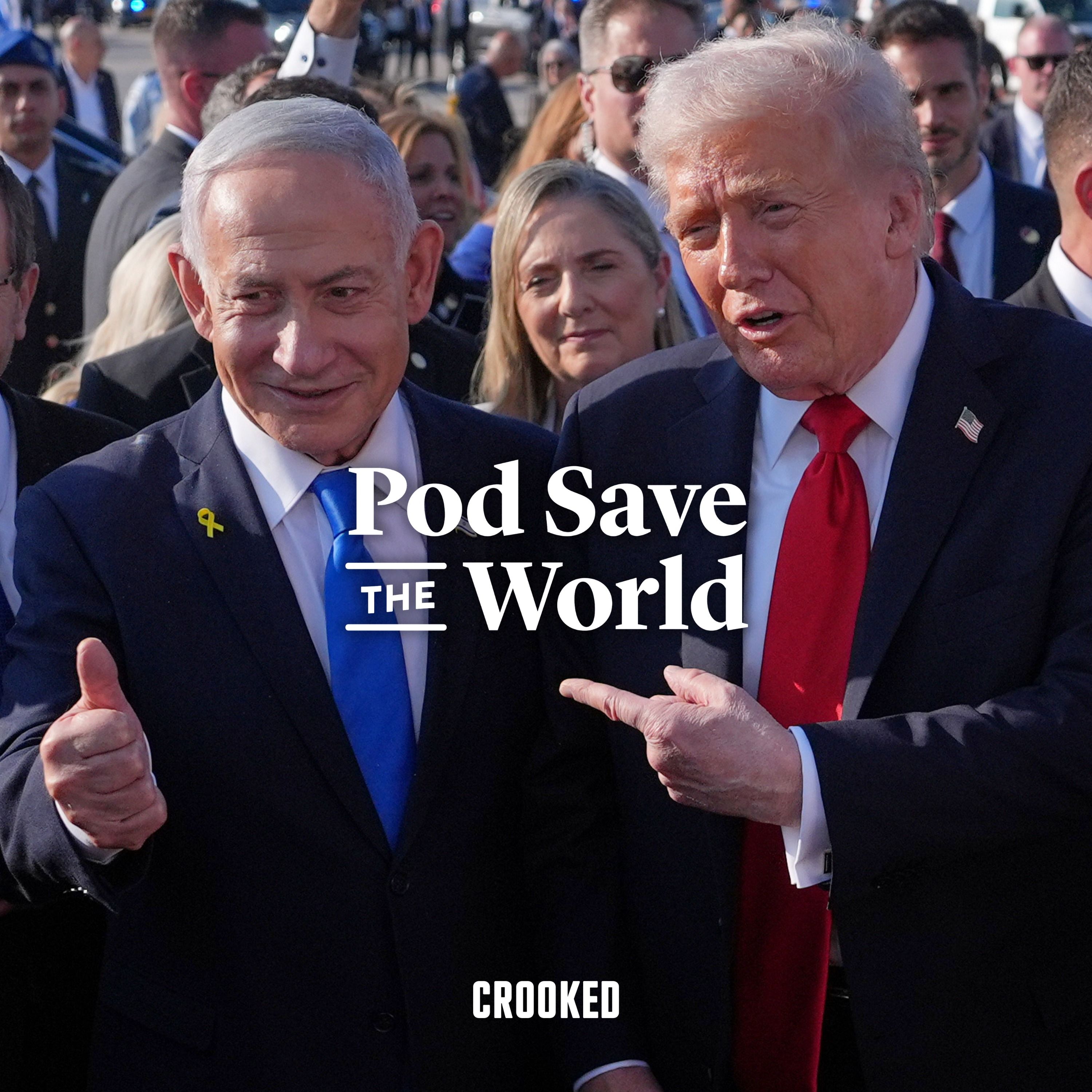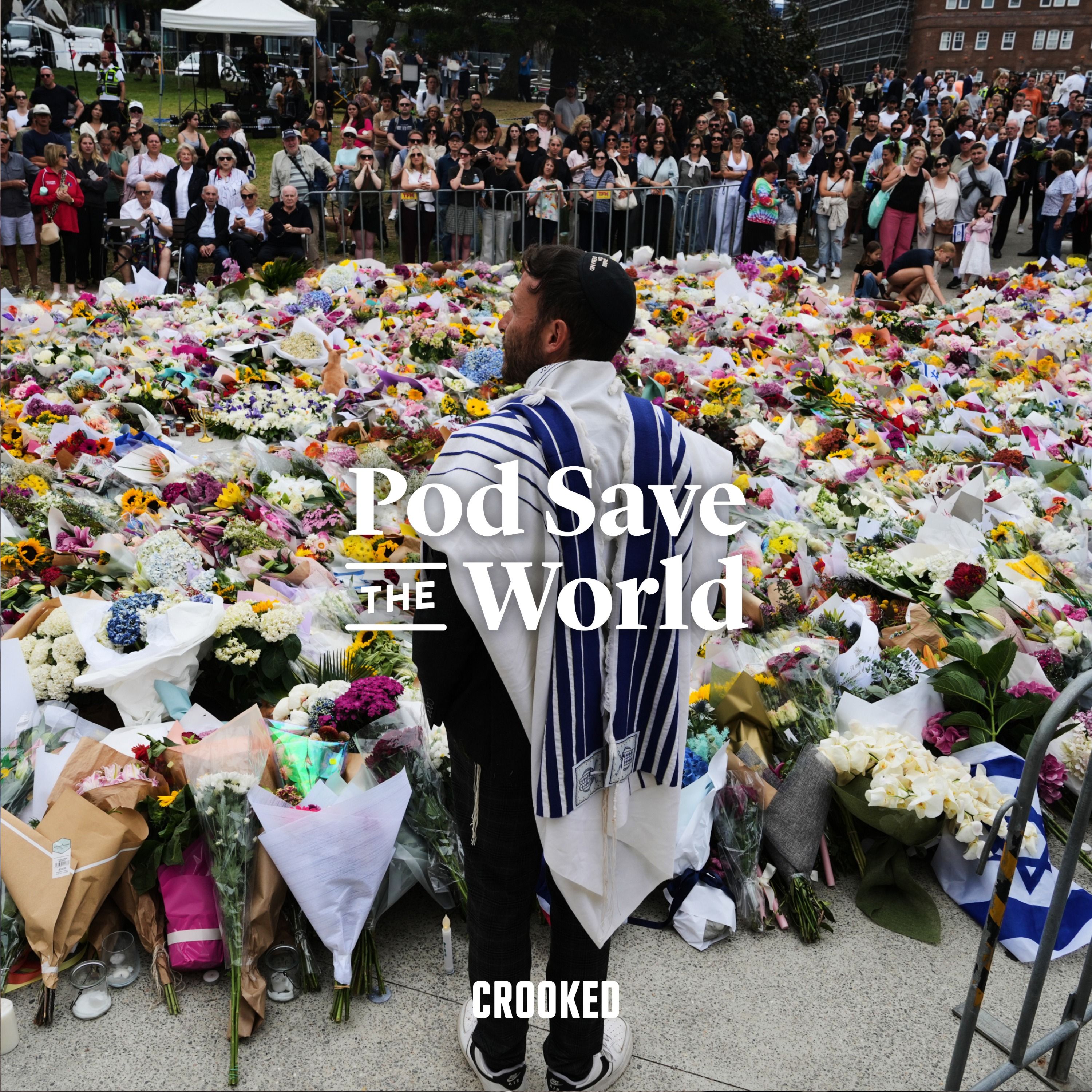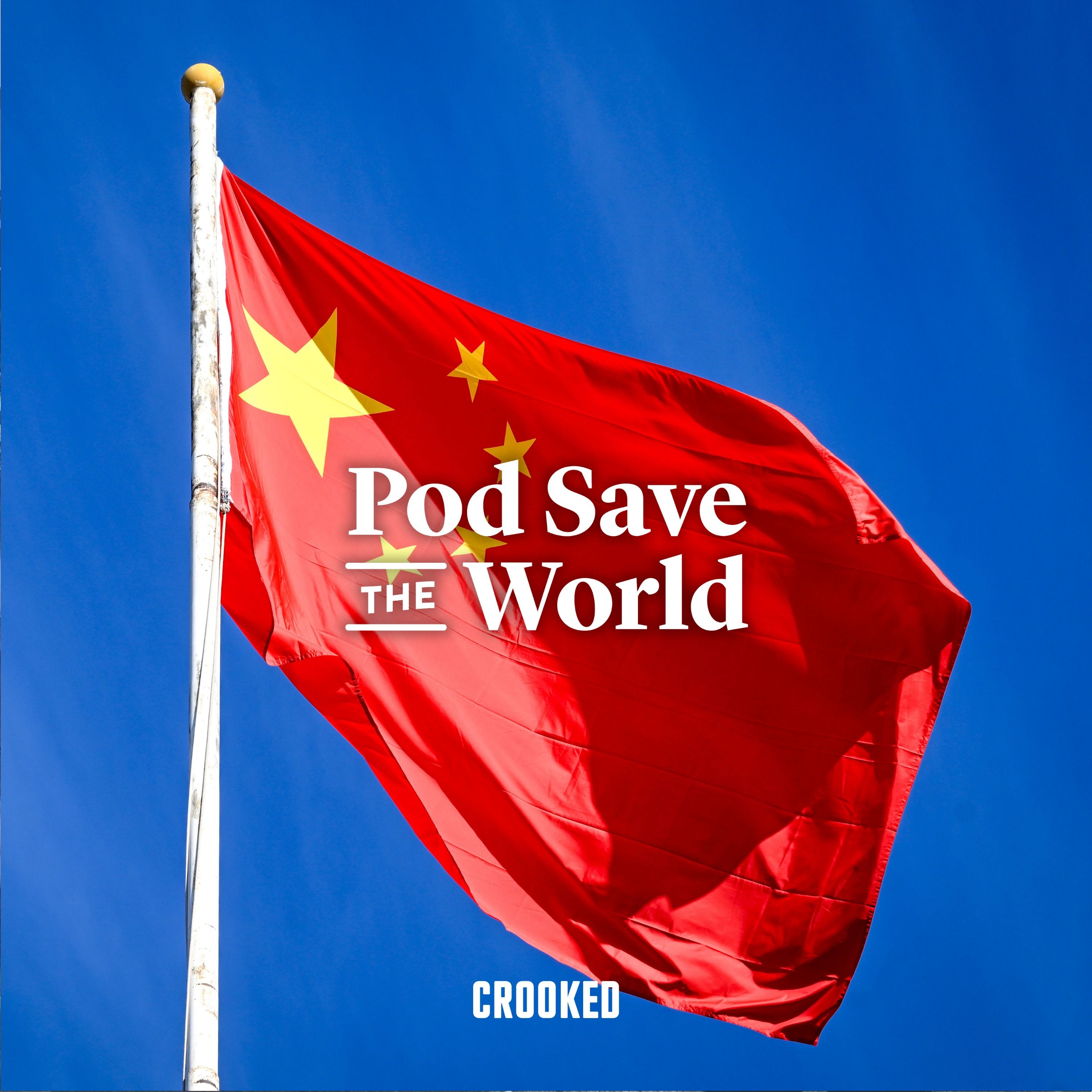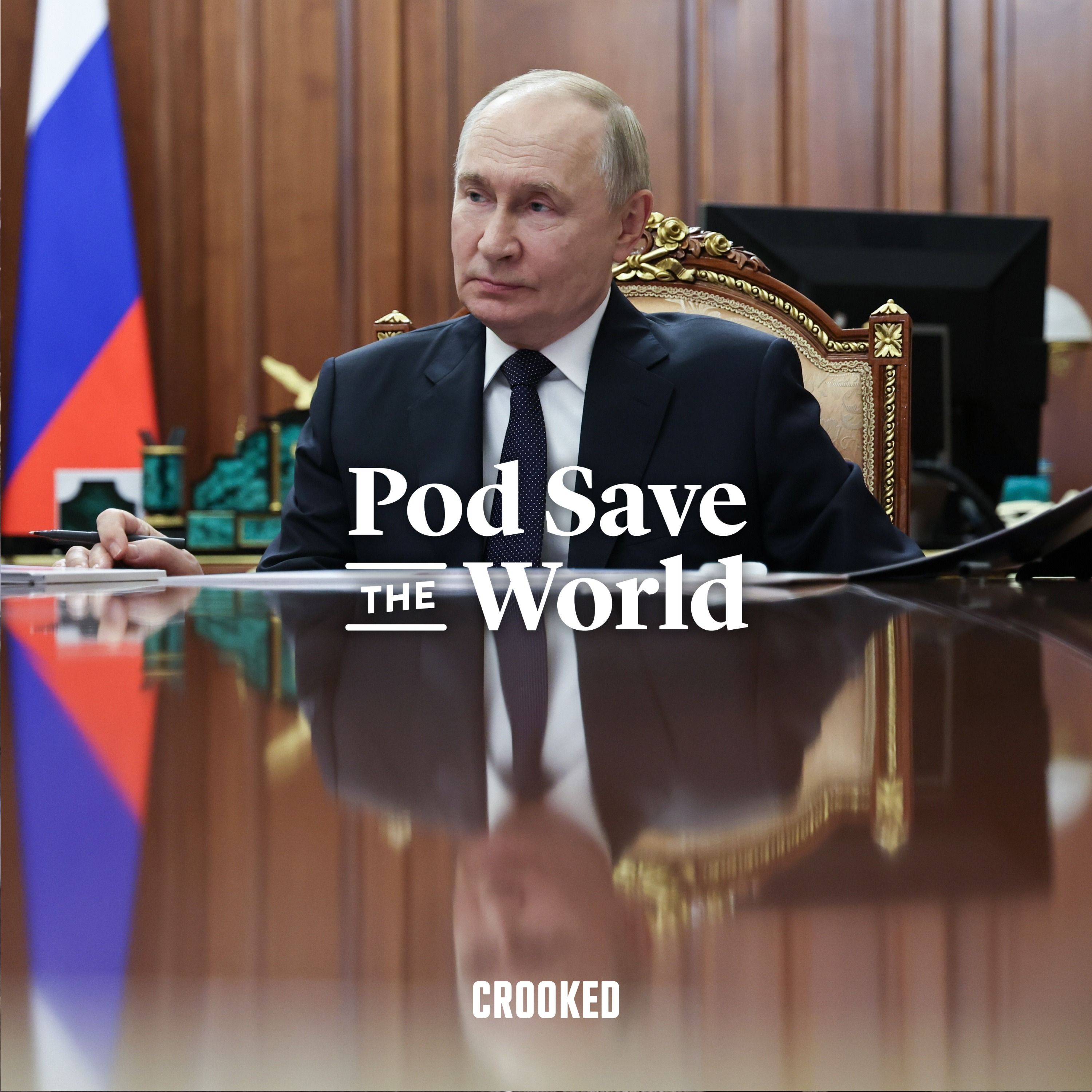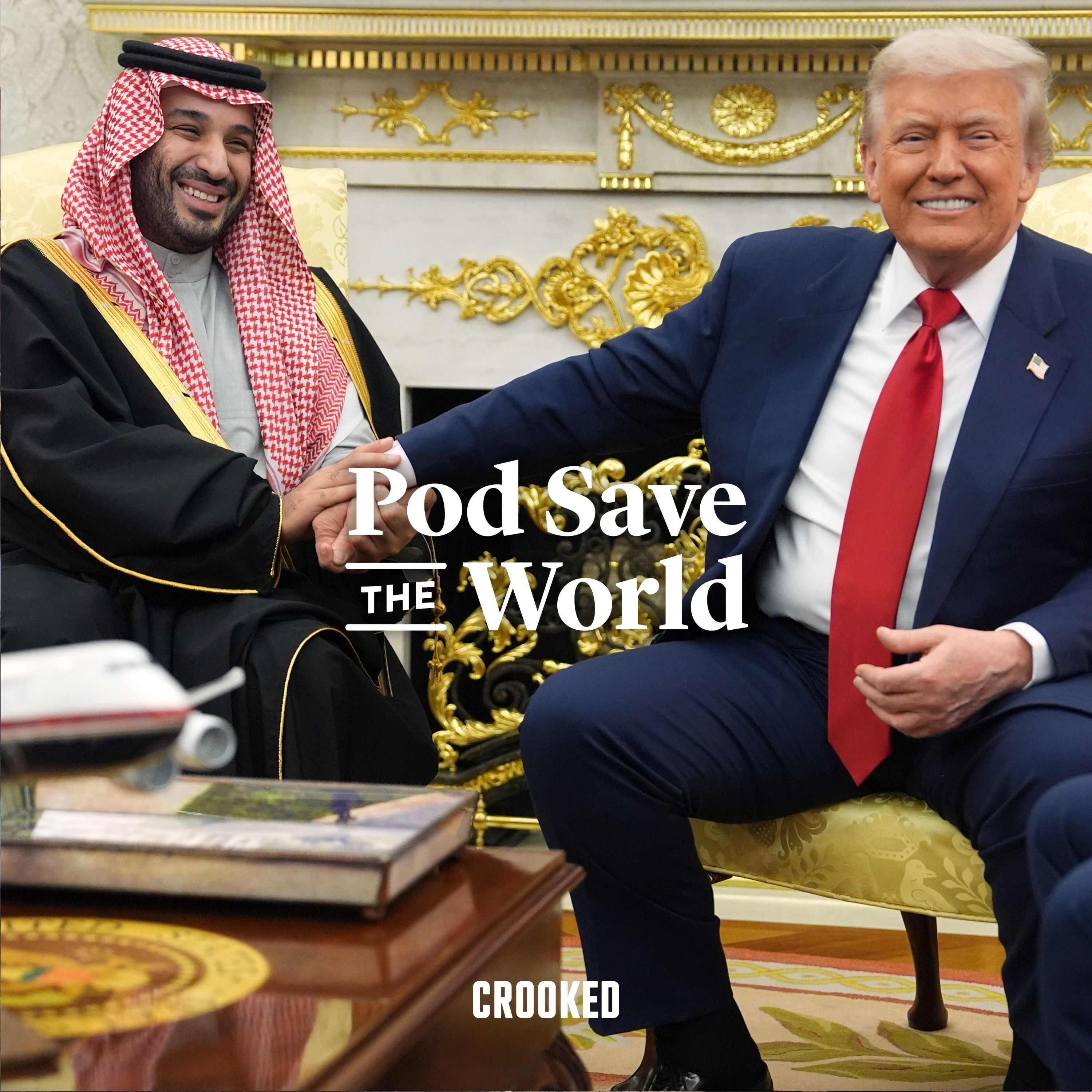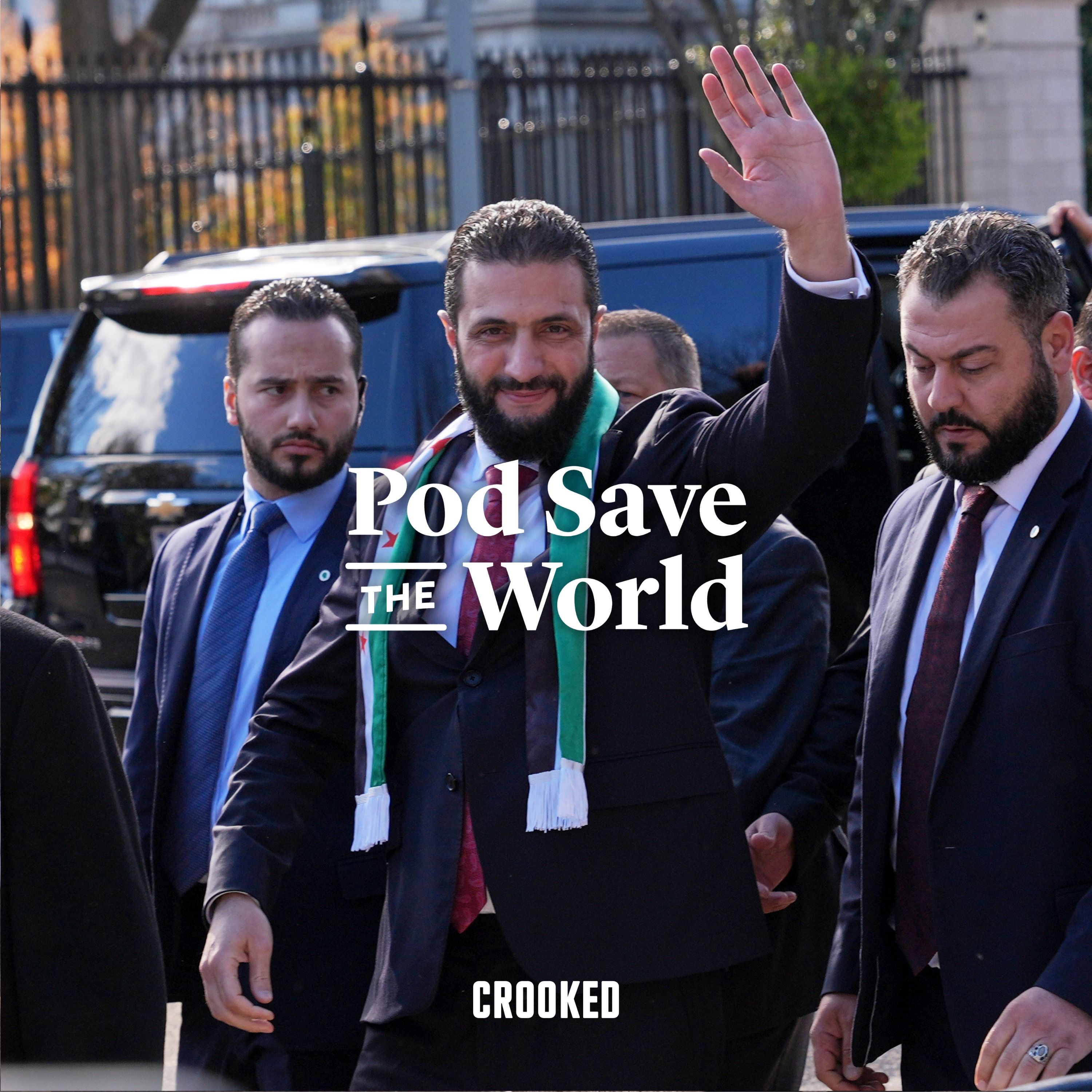Breaking Down Trump's Gaza Deal
Tommy & Ben break down the deal between Israel and Hamas–how we got here, who deserves credit (and who doesn’t), why the hell it took so long, and then dig into the many questions still to be resolved: Will Hamas disarm? How will Gaza be run? And who might make up the proposed “International Stabilisation Force”? They also talk about Trump’s victory lap in Israel and Egypt (including a quick pit stop for some corruption with Indonesia’s president), the pervasive media narrative that Israel’s “victory” over Iran led to this deal, Benjamin Netanyahu’s political future, Drop Site News’s rebuttal to the Free Press’s vile “reporting” on starving Palestinian children with preexisting conditions, and whether Trump’s peacemaking is contagious and could spread to Ukraine. Also covered: how the US’s bailout of Argentina will benefit hedge funders in Treasury Secretary Scott Bessent’s circle, French President Emmanuel Macron’s surprising replacement for his short-lived Prime Minister, and why the recipient of this year’s Nobel Peace Prize is dedicating it to Donald Trump. Then, Ben goes deep on the shadow fleet with Michelle Wiese Bockmann, senior maritime intelligence analyst at Windward.
Press play and read along
Transcript
Transcript is processing—check back soon.
Pod Save the World — Breaking Down Trump's Gaza Deal
